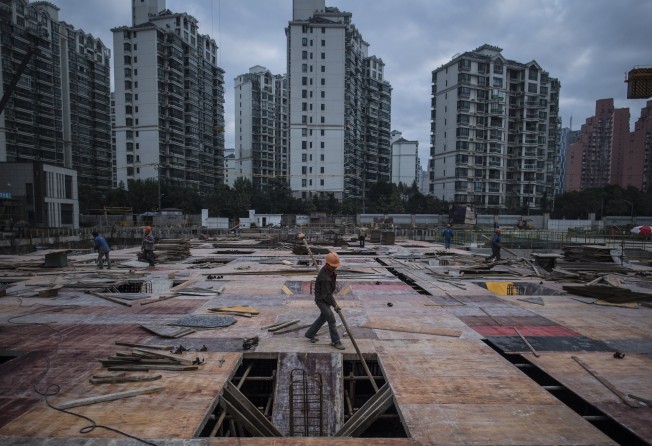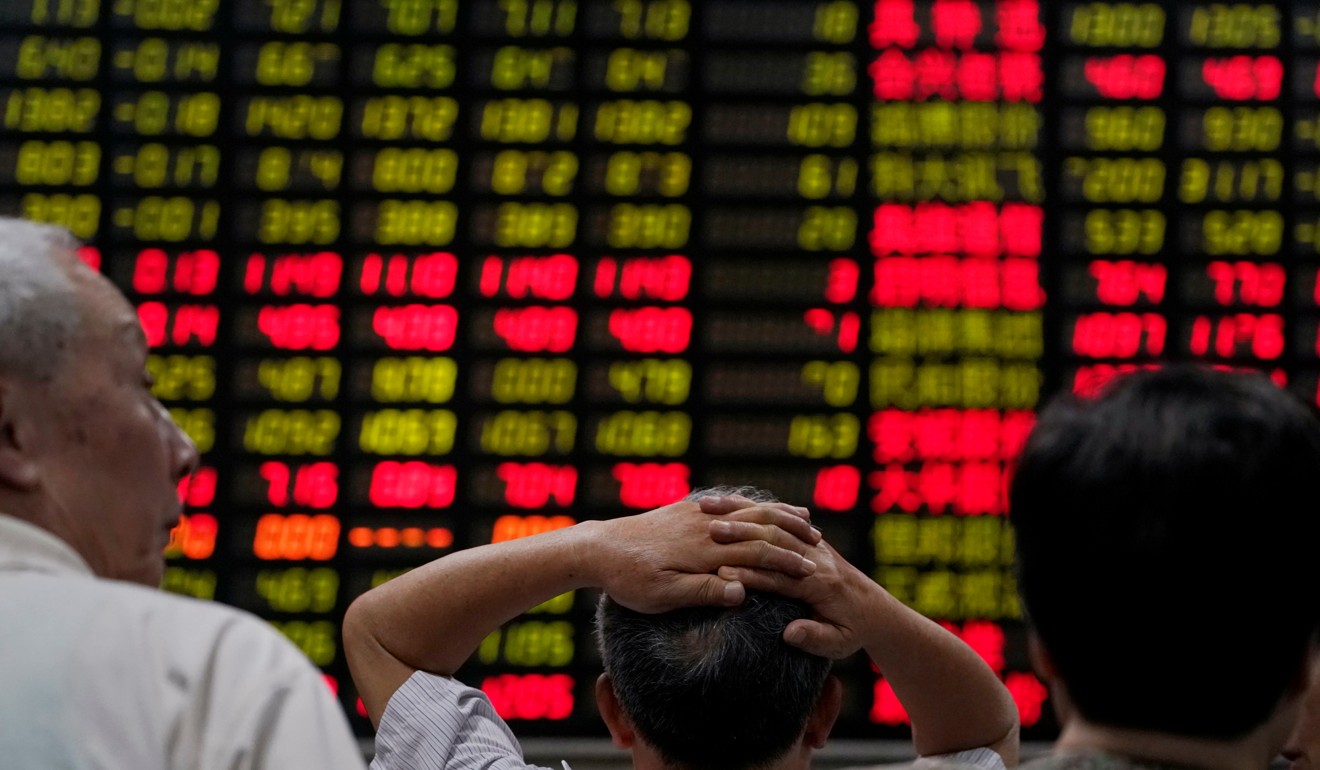Quality counts: why Chinese companies need to scale down to survive the next decade
Joe Ngai says things are not looking great for China’s economy, from the real estate sector to overseas infrastructure projects. Chinese companies must transform, and shift from managing for scale to managing for quality

As Chinese companies brace themselves for the impact of the trade war with the US, a less widely publicised, but far more profound, set of challenges is threatening their survival in the next decade.
Until recently, things were really good for Chinese companies: extraordinary macroeconomic growth, a raft of pro-business government policies and incentives, and the unleashing of decades of pent-up consumer demand among a newly confident middle class fuelled record revenues and profits. Fortune ranks the world’s 500 largest companies by revenue, and 111 Chinese companies made the latest list.
Things are changing, however. While China still has one of the highest GDP growth rates in the world, economic growth has levelled off to just under 7 per cent since 2015.
China’s A-share market and the Hong Kong stock exchange’s H-share market are both down about 25 per cent this year, in a few of the salient indicators of a trend taking shape in the Chinese economy.
Look into some of the key engines of China’s economy and you’ll get a better understanding of the underlying dynamics. Housing sales have experienced an annual growth rate of 26 per cent over the past two decades and real estate now accounts for 6.5 per cent of China’s GDP. But the sector is facing fresh challenges.
Price ceilings and more stringent eligibility requirements for new homebuyers have put the brakes on China’s high-flying real estate sector. And with the government clamping down on China’s enormous shadow banking sector, an important source of funding for developers has been shut down.
In the consumer sector, the meteoric rise of the mobile internet and the emergence of powerful online ecosystems have forever changed how Chinese consumers browse, buy, and pay for things. However, as profits are squeezed among Chinese technology companies and consumers are increasingly spoiled for choice, only the deep-pocketed can remain confident about the future.
China’s much vaunted “going abroad” strategy is also facing serious headwinds. The stalling of several high-profile deals and uncertainties surrounding some belt and road projects have made it clear that Chinese globalisation is likely to be a more gradual effort, with lots of learning, experimentation – and failure – along the way.
It’s obvious that Chinese companies have an urgent need to transform. But how? While transformation will look different for every company, two common themes stand out. First, firms will need to shift from a capital-heavy, to a much more agile, capital-light business model. Second, companies must go from managing for scale to managing for quality.
Over the next decade, Chinese firms will have to rethink how they can make money sustainably. For many, this will be a complicated task: asset size, revenue and market share have been the sole measures of corporate performance to date. Expansion fuelled by bank debt has been a winning formula. Many corporations have never needed to worry about making back their cost of capital.
In a deleveraging context, companies will need to re-examine how they allocate capital. For a lot of companies, unprofitable business units will have to be shed, organisations will have to be leaner, and operations will have to be more efficient. Highly leveraged companies may also need to tap into different sources of funding, to create more capital-light models.
There has never been a more pressing need to professionalise management practices. In the land grab mode that most Chinese companies were in over the past several years, management had to build scale – and fast. Many companies succeeded not thanks to superior management practices, but by taking bold, one-sided bets, and simply being in the right place at the right time.
This was the generation of entrepreneurial managers – the men and women who planted flags and claimed territories throughout China in the race for growth and market share.
This is changing rapidly. Managing for quality requires a very different set of management practices. This includes much more precision and deeper insights. For example, Chinese companies generally have a lot of customers, but most do not segment them, nor do they differentiate between them according to their contributions to the company’s bottom line.
While many companies have invested heavily in IT, few have learned how to fully leverage the power of data analytics to improve how they manage their companies.
A big bottleneck in this transition of management practices is talent. In many Chinese companies today, the top layer of management are veterans who have built the business. While their hard-won experience is an invaluable asset, they may not necessarily be the right people to lead the company through the next decade of disruption and growth.

In the glass half-full view, Chinese companies continue to enjoy some of the best prospects in the world. Despite recent challenges, macroeconomic fundamentals in China continue to be strong. Chinese entrepreneurs are resourceful and resilient; their companies should ride on past successes, say the optimists.
The glass half-empty view, however, paints a very different picture of the future: many Chinese companies will simply not survive over the next decade. The old formula for growth and competition will no longer work. The next few years will be their moment of truth: transform now, or risk losing everything.
Joe Ngai is managing partner of McKinsey & Company’s Greater China Practice